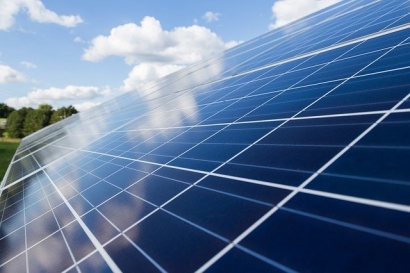
Founding members of the coalition include the National Wildlife Federation, the Union of Concerned Scientists, Black Owners of Solar Services, and the NAACP.
Lower-income families and communities of color face significant disparities in clean energy adoption, while spending a disproportionate amount of their income on energy costs and experiencing heightened vulnerability to the impacts of climate change. Under the current tax system, 26 million households — including 3.2 million Black households and 3 million Hispanic households — are unable to benefit from residential solar tax credits because they do not have sufficient taxable income.
The coalition is calling for immediate congressional action to make section 25D tax credits for residential clean energy purchases refundable or direct pay, providing more American families with access to resilient, low-carbon energy resources while helping to address systemic economic and environmental injustices and advance the nation's climate goals.
"It is time to Build Back Black and create pathways for Black households and communities of color," said Denise Abdul-Rahman, regional field organizer for NAACP. "We are calling with a unified voice for congressional action to expand renewable energy options to all communities and ensure a just, cleaner and more resilient future for everyone."
Paula García, senior bilingual energy analyst for the Union for Concerned Scientists said, "Passing a direct pay option for the residential clean energy tax credit will give us all the opportunity to be directly involved in fighting the dangerous rise of heat-trapping emissions."
The coalition is urgently calling on the Senate Finance and House Ways & Means Committees to make section 25D tax credits for residential clean energy purchases refundable or direct pay, citing the challenges lower-income earners with limited or no tax liability face in benefitting from existing federal incentives.
A recent working paper from the RAND Corporation shows that the federal solar Investment Tax Credit can be adjusted to provide greater access for low- and moderate-income households in disadvantaged and vulnerable communities. Under the current policy structure, the bottom 50% of U.S. income earners require an average of more than seven years to monetize the solar investment tax credit – putting solar out of reach for millions of Americans.

